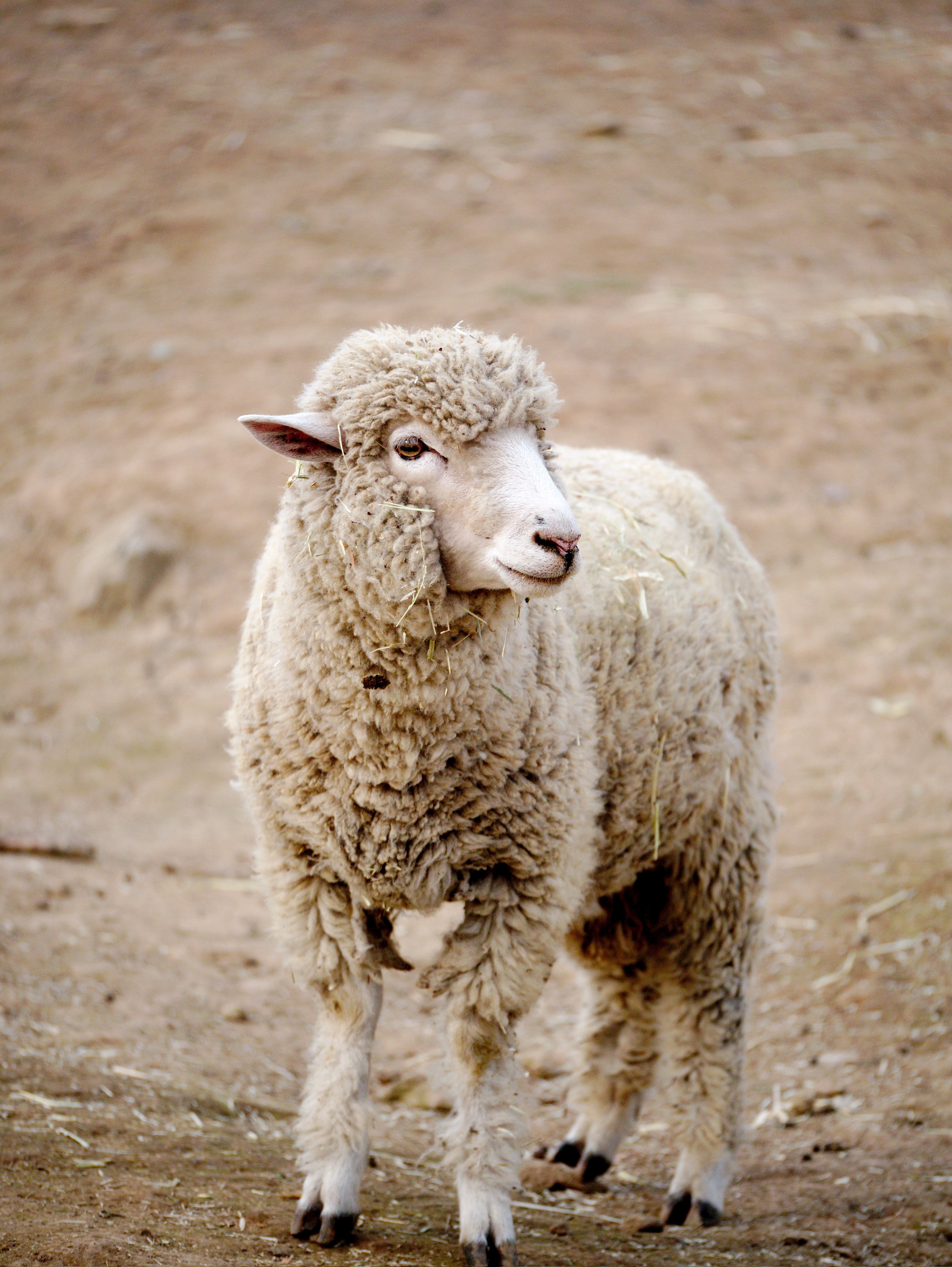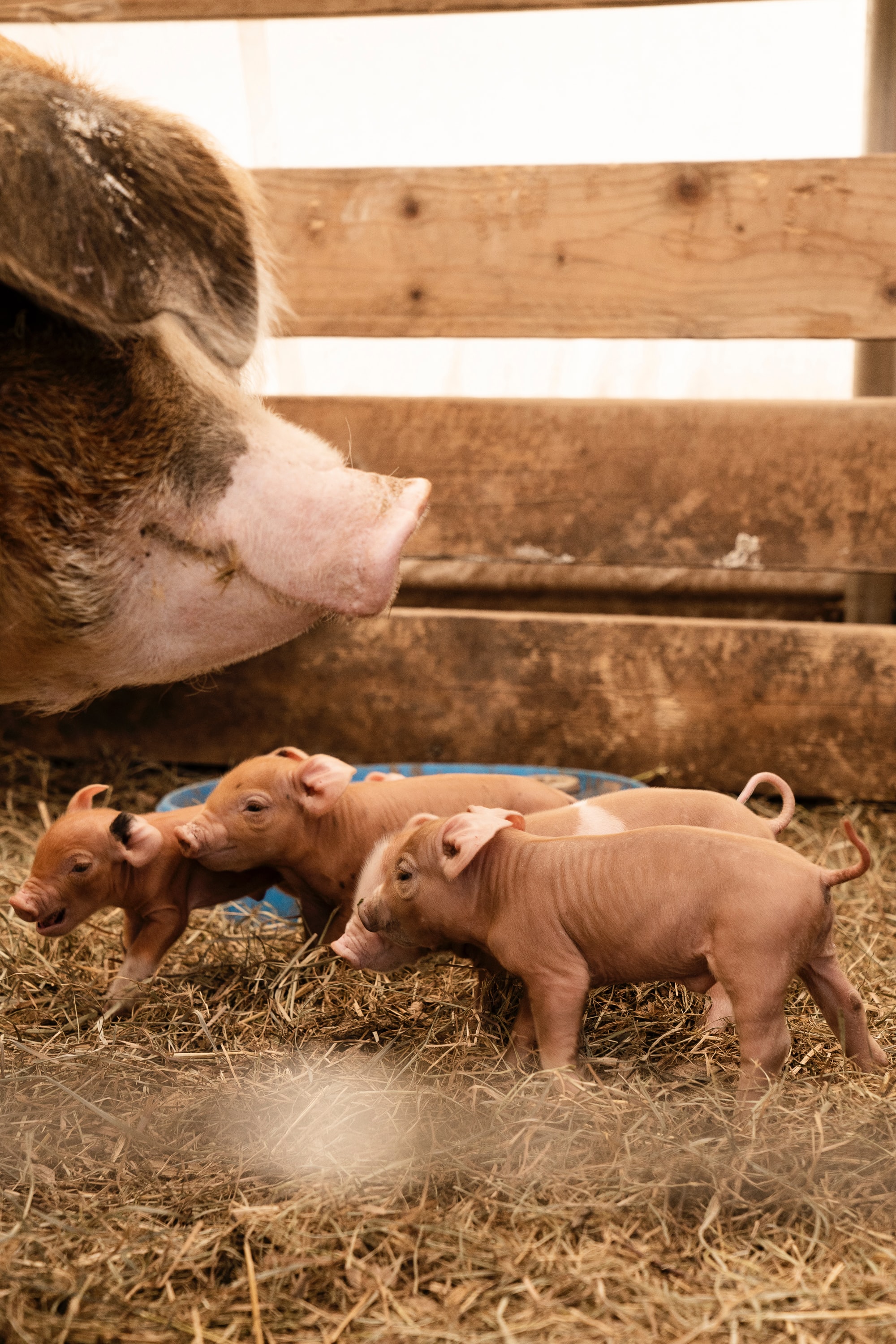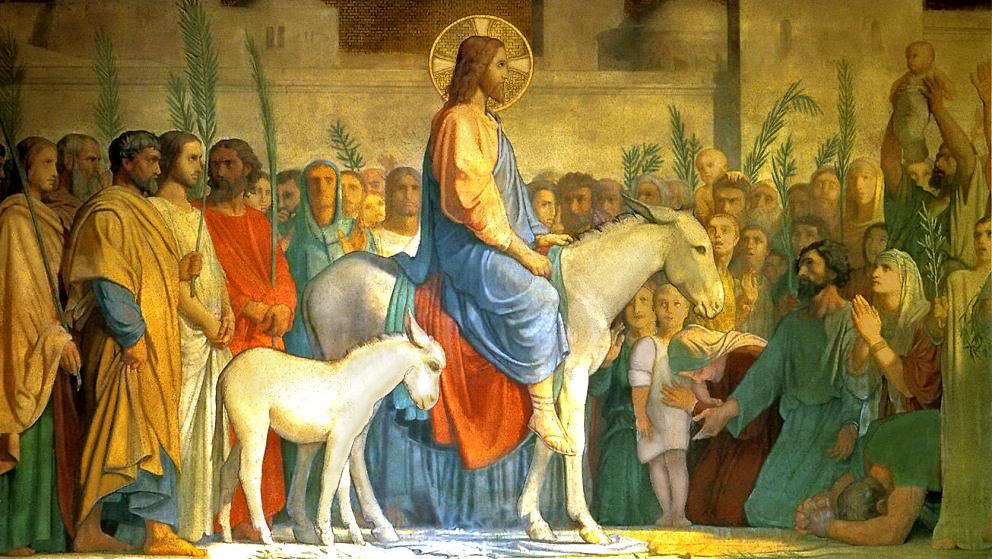The Revd Janey Hiller considers the true meaning of Lent and how this season offers an opportunity to reconsider our relationship with God and all His creatures.
For where your treasure is, there your heart will be also.” – Matthew 6:21
At the beginning of Lent, we often embark on a season of penitence which may include giving up some of the things we enjoy, but feel have become something of a pleasant distraction from our walk with Christ. Have you noticed how many of the popular things we choose to fast begin with the letter ‘c’ – computer games, chocolate, cake, crisps, cursing, cricket analogies in sermons (actually, that last one might be wishful-thinking on my part!)
 And we are reminded in the lectionary readings at the beginning of Lent about ‘true’ fasting. That it’s not about making a show of piety so others will look at us and see how holy we are, then scurry off burdened with a renewed sense of condemnation and do likewise. No credit given here for that modern social-media driven phenomenon of virtue signalling!
And we are reminded in the lectionary readings at the beginning of Lent about ‘true’ fasting. That it’s not about making a show of piety so others will look at us and see how holy we are, then scurry off burdened with a renewed sense of condemnation and do likewise. No credit given here for that modern social-media driven phenomenon of virtue signalling!
Rather Lenten penitence is about stepping back from our well-worn routines and choosing instead to search in faith for that oft-lost treasure that is the heart of God. External fasting practises mean little if we don’t also attend to the internal work of sharpening and realigning our consciences over again towards caring about what God cares about.
The words from Isaiah 58 reveal the heart of what God considers true fasting:
…to loose the bonds of injustice,
to undo the thongs of the yoke,to let the oppressed go free…”
We have seen much over the course of the last year worth celebrating about how churches and communities have woken up afresh to this call to justice in local and global expressions. Racial, climate, sexual and health justice have all taken centre stage in new and powerful ways which have challenged our status quos and led to new commitments to listen, to learn and to reform the tired injustices we have inherited.
There is of course always more to be done. Always a further refinement of our understanding about the prevalence of injustice and of our own willingness and capacity to join in with God’s response of loving compassion to it. In all this human need, then, is it simply an indulgence of white middle-class culture to talk about animals getting a look-in on the justice agenda?
The basic truth is that God cares about his creation. All of it. Not just Christians. And not just people. This truth rings like a bell throughout both the old and new testaments. Yet somehow, we’ve shrunk the vastness of the capacity of God to love and redeem all of creation into something more manageable that we can comfortably understand. We squint our eyes at the big picture and fashion a God in our own image who cares only about who or what we do.
In doing so, we receive and form ideas about who or what comes within the orbit of God’s original plan for blessing the world and of Christ’s unimaginably creative and expansive redemptive work for that same world that is now straining and breaking. And we can too easily downplay our own culpability in that process of brokenness.
God looked at all his creation and deemed it good. And of course, animals were – are – part of that creation and part of that goodness. So much so, that God’s covenant of blessing for the world includes every living creature on earth (Genesis 9). Creatures are part of God’s blessing; and to be blessed means to have the goodness of God upon you.
Living as we do in a predominantly technological culture and economy, it’s perhaps harder for us to fully appreciate how animals might be intrinsic to God’s plan of blessing for us. We, instead, might feel really blessed if we have superfast broadband, or central heating, or access to emergency medical care, or have kids who survive their teens free from addiction. All good things, for sure.
We may even feel blessed by our companion animals.
 But throw a cow or a pig into the equation, and the idea of animals being part of our blessing – of God’s goodness upon us – gets a bit myopic. We acknowledge the blessing of, for example, farmed animals for the ‘goods’ they provide us, but how well do we see creatures through God’s eyes?
But throw a cow or a pig into the equation, and the idea of animals being part of our blessing – of God’s goodness upon us – gets a bit myopic. We acknowledge the blessing of, for example, farmed animals for the ‘goods’ they provide us, but how well do we see creatures through God’s eyes?
If God cares for sparrows, maybe he also cares for cows. And pigs. And chickens.
Maybe God’s covenant with every living creature ought to mean something more to us in an age where so many animals are reduced to mass-produced commodities for the sole purposes of clothing, feeding or entertaining humans. And maybe God communicated that ‘every living creature’ covenant to us humans because we have a God-given responsibility to live out that covenant on earth? Through factory farming especially, we have turned away from that responsibility and upended the call to justice in Isaiah 58; rather than loosen the bonds of injustice, we’ve tightened them and placed a heavy yoke of oppression on our fellow creatures.
Lent is an opportunity to stop and reorient ourselves. To not continue down our well-worn paths of assuming it’s OK to see and treat animals the way we do in the modern world. Let’s open our eyes and our hearts to the treasure that is the heart of God for all his creation. It is a treasure which is rich and beautiful and expansive and restorative. It includes us having a right relationship not only with God, but with every living creature that God calls good, and which he cares about enough to include in his plan for mutual flourishing and the blessing of his whole creation.
The Revd Janey Hiller is an Ordained Minister and Pioneer Activist in the Anglican Diocese of Bristol.




